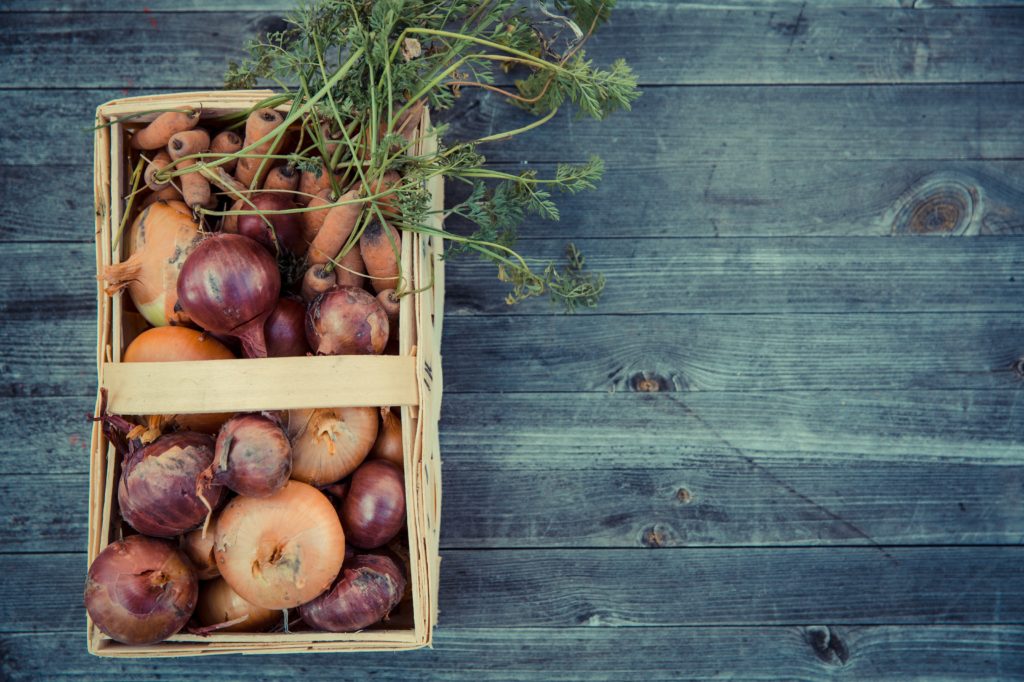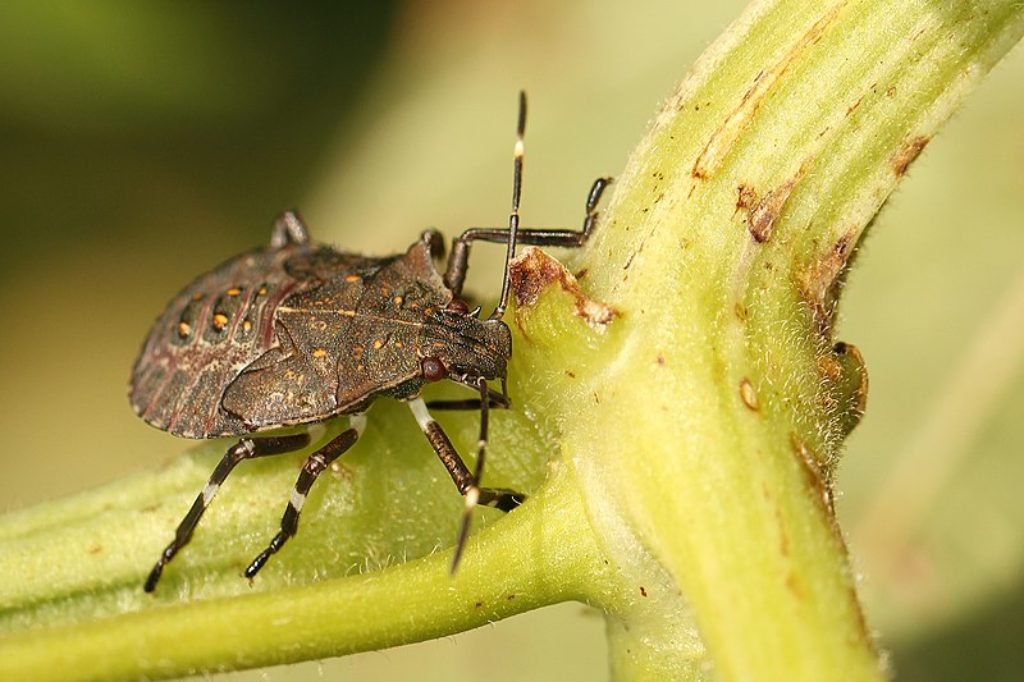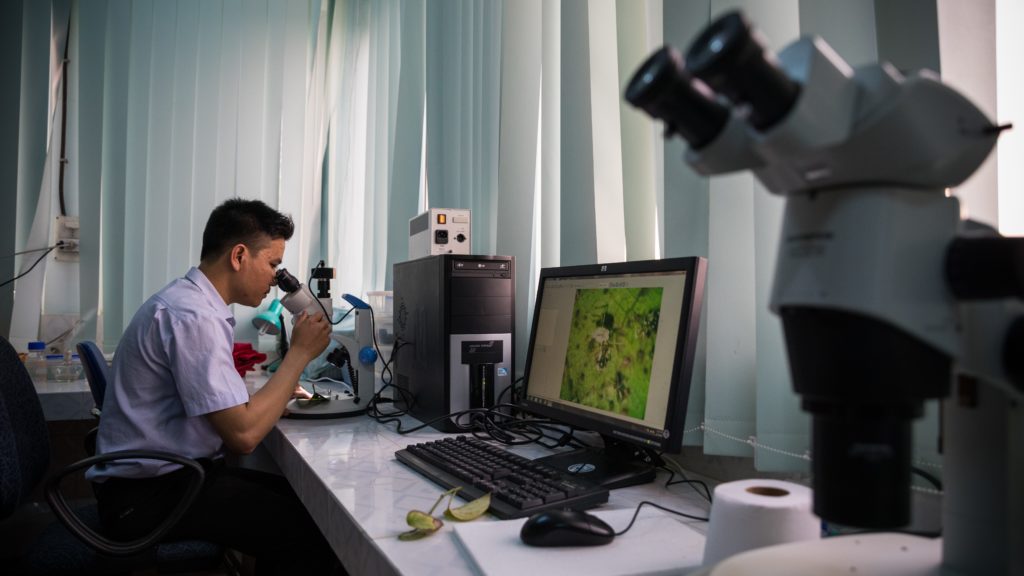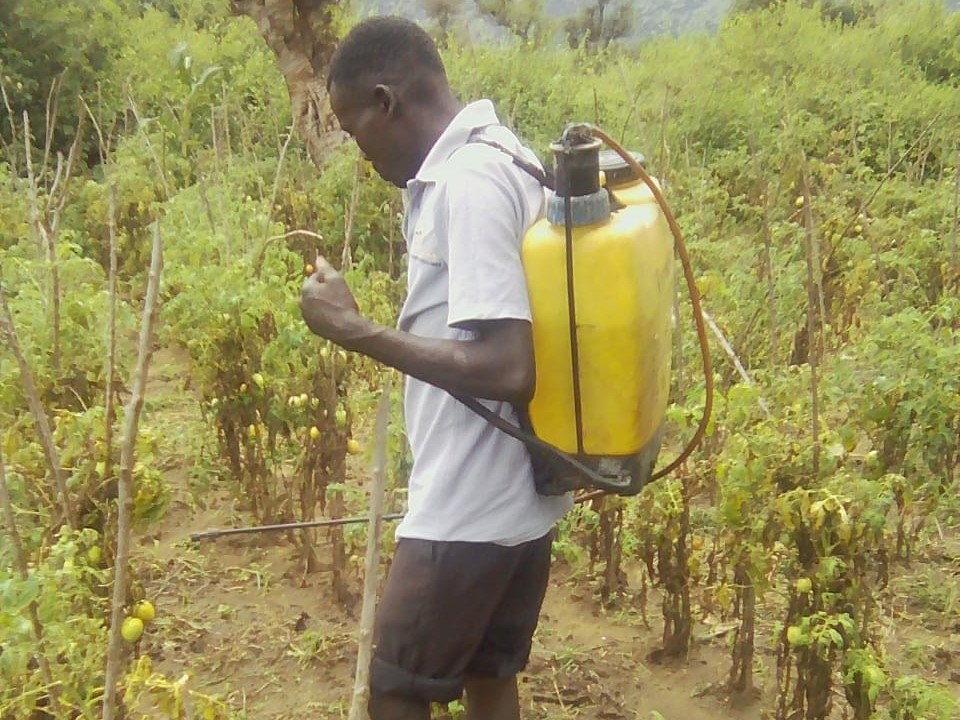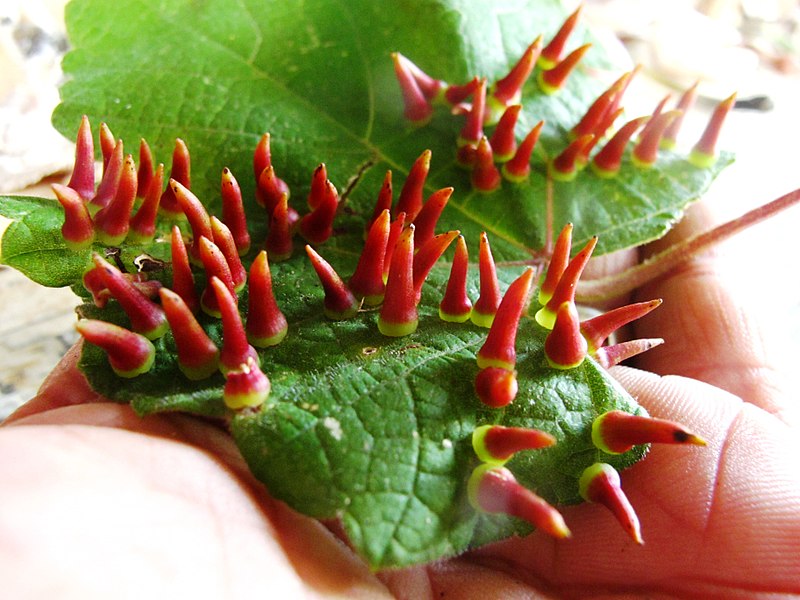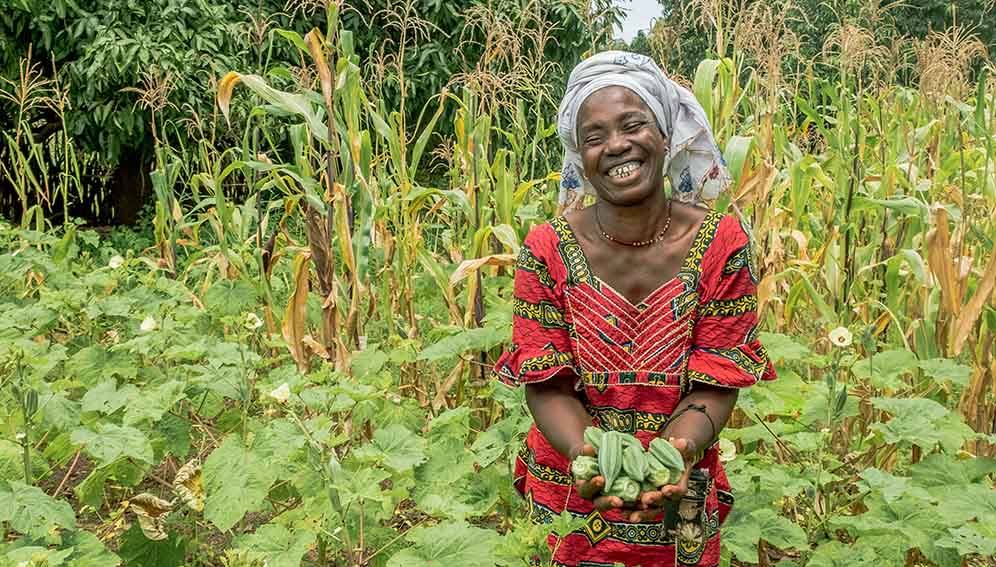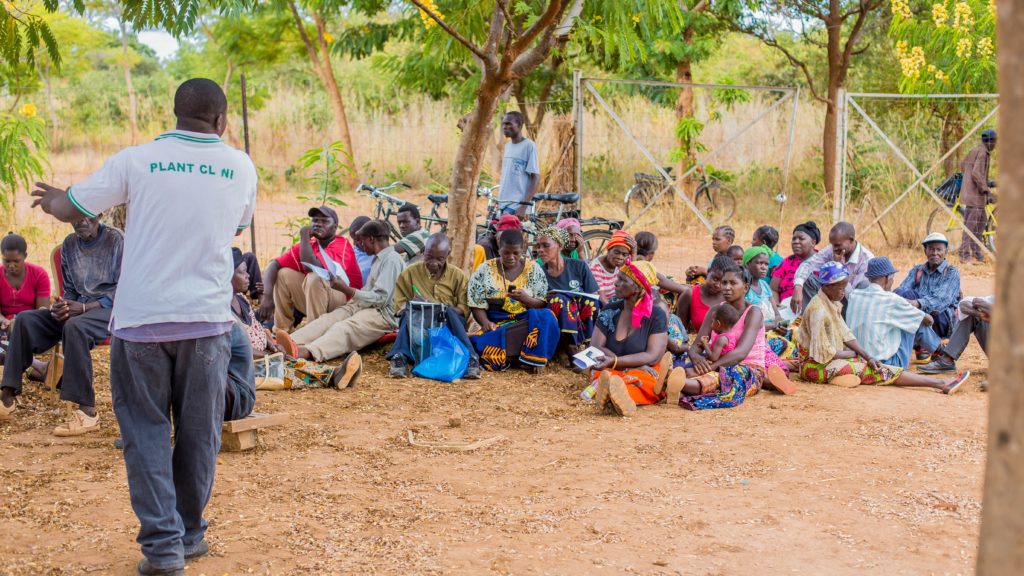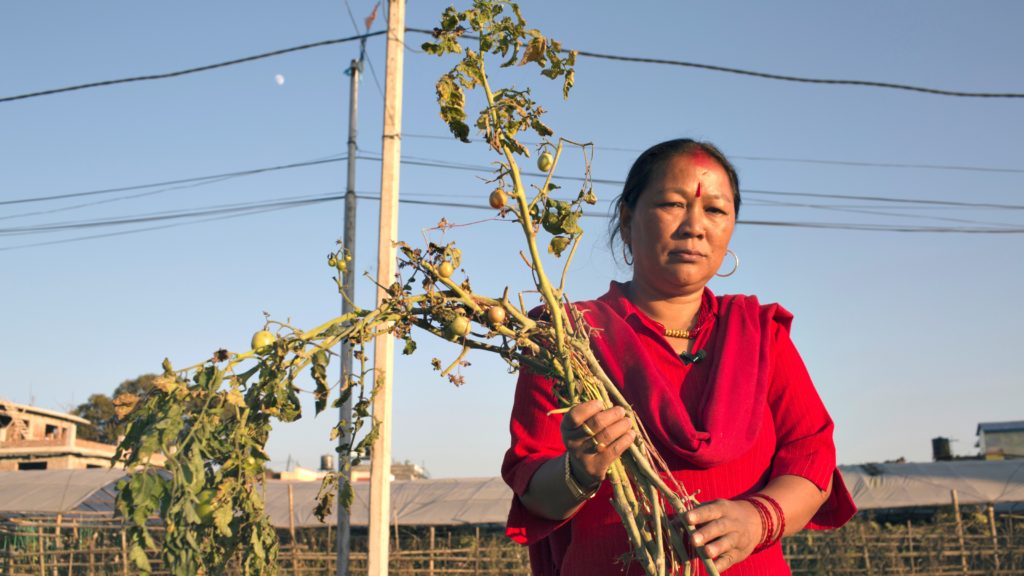PRISE project supporting Plant Doctor training in Malawi
In early December 2019, the Pest Risk Information Service (PRISE) project ran a series of workshops across Malawi to engage with Plantwise Plant Doctors on new pest risk forecast bulletins as well as to provide pest identification training to all Plantwise extension workers.
Reducing post-harvest losses without the use of chemical treatments
From recent FAO studies, it has been found that over half of the world’s fruit and vegetables are lost due to post-harvest storage losses as a result of pests, diseases and incorrect storage conditions. In a climate where food consumption is at its highest, with many regions of the world suffering from a lack of…
Update: New Pest & Disease Records (6 January 2020)
We’ve selected a few of the latest new geographic, host and species records for plant pests and diseases from CAB Abstracts. Records this month include reports on a new species of Dragomiris beetle in Argentina and new records of brown marmorated stink bug in the Republic of Kazakhstan.
Test your plant health knowledge
>> Latest quiz just added Plantwise plant doctors are at the heart of our plant clinic network providing advice and information to farmers, logging their data for the Plantwise Knowledge Bank, and always adapting to new outbreaks and technologies. Think you’ve got what it takes to be a plant doctor? Take our online plant health…
Plantwise Most Read 2019
As 2019 draws to a close, we have crunched the numbers and present 2019’s most read articles. Plus a few firm favourites. Plantwise work on the ground has proven a popular topic, particularly with regard to reducing pesticide risk, as well as our work in digital development with the launch of the new-look Plantwise Knowledge…
Update: New Pest & Disease Records (5 December 2019)
We’ve selected a few of the latest new geographic, host and species records for plant pests and diseases from CAB Abstracts. Records this month include reports on a new pathogenic fungal species in Iran and new records of needle nematode and a novel Schizomyia species in China.
More than advice: farmers say paid-for extension must provide a “bundle of services”
Agricultural advisory services are a critical factor to promoting agricultural development, and investments in extension services are potentially important tools for improving agricultural productivity and increasing farmers’ incomes, two desirable outcomes of food security and poverty reduction articulated in MDGs and SDGs.
Farmers helping farmers to solve crop problems in Nepal
A farmer has to organize a thousand things before getting the final returns from the crop they planted. Choosing the right season and variety of crop, managing the labour forces during the critical crop periods, water management or waiting for rainfall, crop nutrient management, harvesting the crops, managing the post-harvest losses, and then finally selling…


